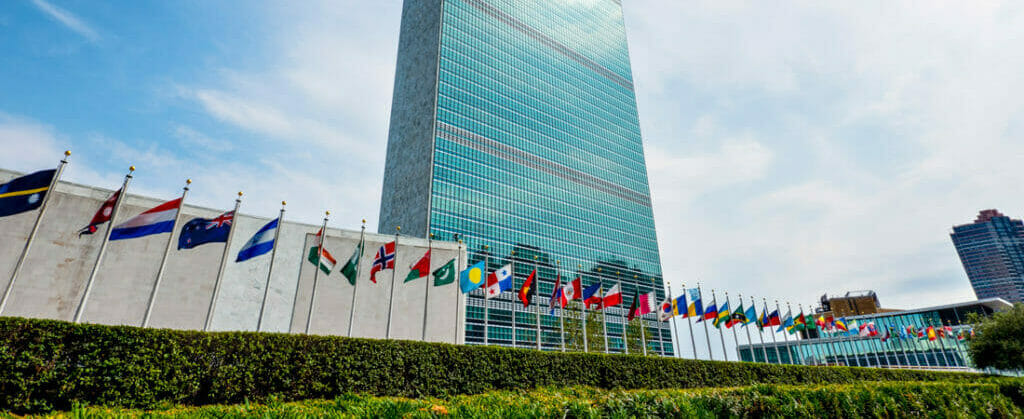In recent decades, international terrorism has become one of the most significant threats to global peace and security. This phenomenon—closely linked to other forms of transnational organized crime—has dramatically evolved in its complexity, representing a major challenge for States. In this regard, the United Nations plays a critical role in strengthening Member States by encouraging the adoption of national and international measures to prevent and suppress terrorism. Among these efforts, the UN has undertaken several operational measures, including the creation by the Security Council of a Counter-Terrorism Committee (CTC), assisted by an Executive Directorate (CTED), which works on implementing policy decisions and conducts assessments of Member States. The recently-established United Nations Office of Counter-Terrorism works closely with Member States and civil society, making important contributions to the implementation of counter-terrorism strategies.
At the UN level, the Resolution adopted by the Security Council on 28 September 2001 (S/RES/1373) to prevent and suppress the financing of terrorist acts represents a cornerstone of the fight against terrorism. In addition, measures adopted both at the national level and by international organizations such as the European Union, the Council of Europe, the Organisation for Security and Cooperation in Europe (OSCE), and the Commonwealth of Independent States (CIS) include countering the financing of terrorism and preventing the proliferation of weapons of mass destruction, as well as the adoption of agreements and legislative acts aimed at preventing and eliminating terrorism in all its forms. Capacity building and coordination efforts among Member States and international organizations are vital in dealing with this complex, multifaceted phenomenon. In this regard, the United Nations Global Counter-Terrorism Coordination Compact is the largest coordination framework through which the UN assists Member States in implementing the UN Global Counter-Terrorism Strategy.
The growing complexity of our world is reflected in the evolving nature of terrorism. Terrorist groups will continue to exploit societal fragmentation, weak governance, regional and intrastate conflicts, as well as demographic pressures and environmental degradation to gain power while pushing their ideologies. Moreover, they will continue to exploit ungoverned or poorly governed areas (namely in Africa, the Middle East, and South Asia) to act as providers of alternative forms of governance, particularly in war-torn countries. Additionally, technological advances, including AI and biotechnology, may offer terrorists the opportunity to conduct more sophisticated and even remote attacks and to collaborate across borders. This clearly underlines the necessity of a comprehensive, multi-dimensional approach and the adaptation of counter-terrorism strategies to the evolving nature of terrorist methods, which is critical to the prevention and elimination of the phenomenon.


